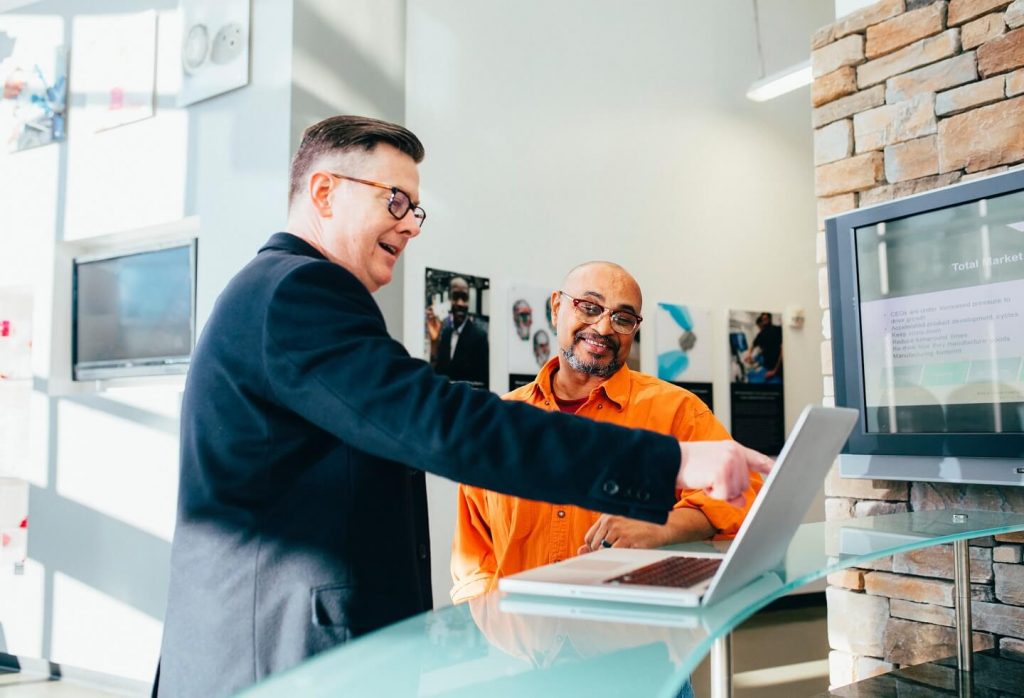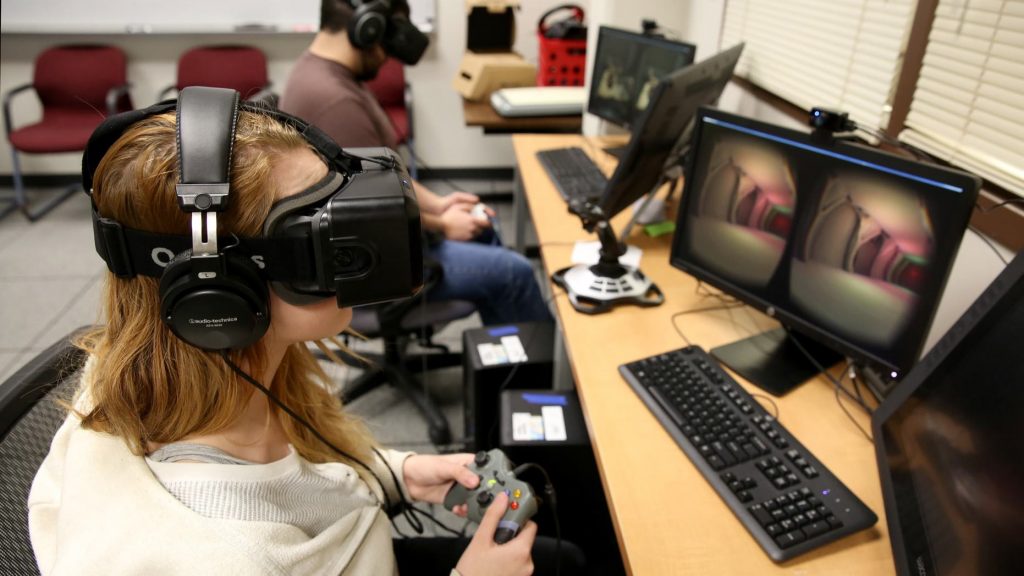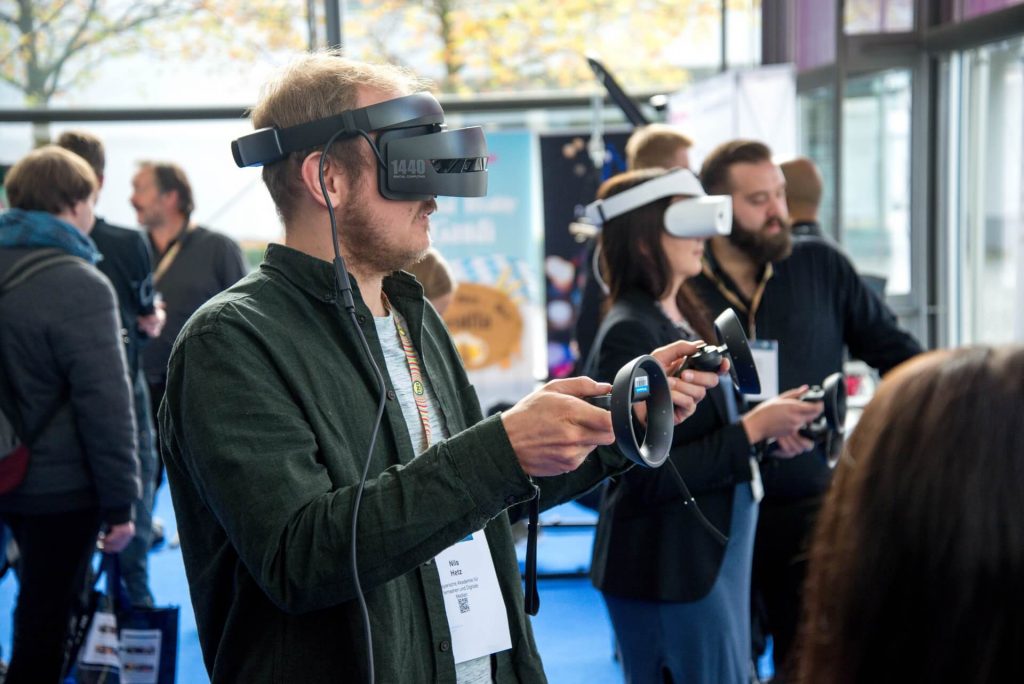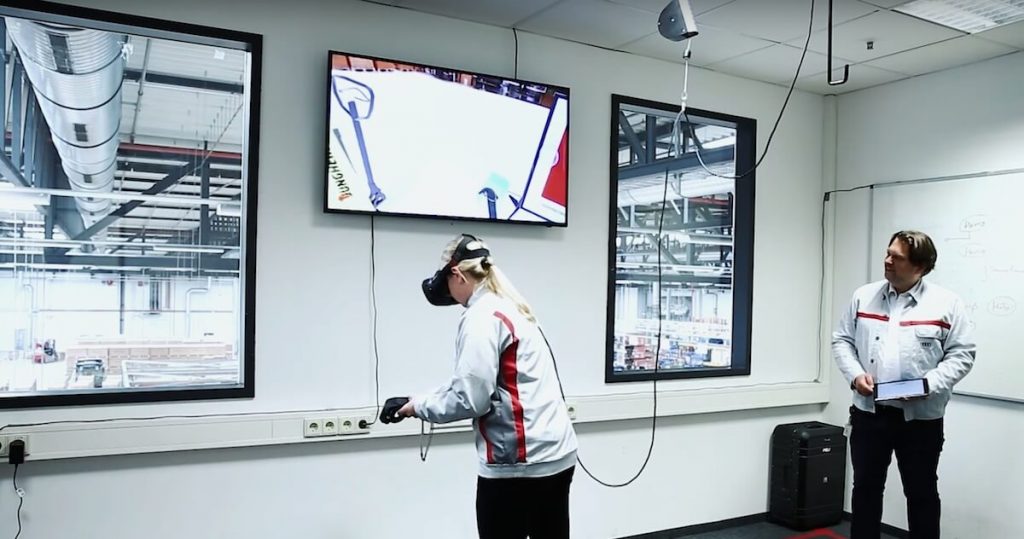Virtual Reality technology most certainly has the potential to change sales training as we know it. Not just helping sales managers lead their team but also enhancing a sales person’s performance. Generally, when there is a new upcoming sales pitch, salespeople end up practicing in front of a mirror or even with a friend, but that is certainly not the same as presenting it in front of an office room filled with strangers. With the help of VR, you can actually go ahead and simulate these events in a risk-free environment.
Role-playing in sales training
Sales departments are already using something similar in their sales training. Sales role-play – an improvisation game where your sales team interacts with individuals acting out the role of different customer archetypes. It is an underrated tool for preparing your team for the unexpected. Having a happy customer who knows exactly what they want and intends to buy it is great, but you need to be ready for any customer scenario.
Sales role-playing bolsters your sales techniques by:
- Creating familiarity with the types of individuals your team is most likely to interact within the course of their work;
- Building empathy for your customers by having your staff perform as customers; and
- Learning conflict resolution, through the acting-out of interactions with dissatisfied clients.

Improving onboarding time through efficient virtual role-playing
Using VR for sales training for actual scenarios rather than the potential scenarios, helps new hires get up to speed and productive in no time at all with actual customer interactions rather than hypothetical scenarios. For certain scenarios, like objection handling, for instance, it’s generally harder for a salesperson to do it effectively if he/she hasn’t done it before for that particular product or service. With the use of VR, new trainees can actually receive the same sales training simulations without actually allocating a resource or another salesperson to actually train them.
Virtual reality already plays a major role in sales training
Corporate training has gone a long way from static and linear training to a dynamic and immersive training that VR has to provide. By placing a trainee in an environment where they feel that they’re actually around customer was found to be widely more successful than learning content off a slide or a brochure.
Excellent salespeople are not only those that make the sale but create a long-lasting impact on the customer as well. Sales are more of an interpersonal connection between two people when sales trainees actually run these simulations multiple times and are faced with scenarios that they would be very likely to run into in the real world, it boosts their confidence and lets them handle sales calls much earlier with a lot more ease.




